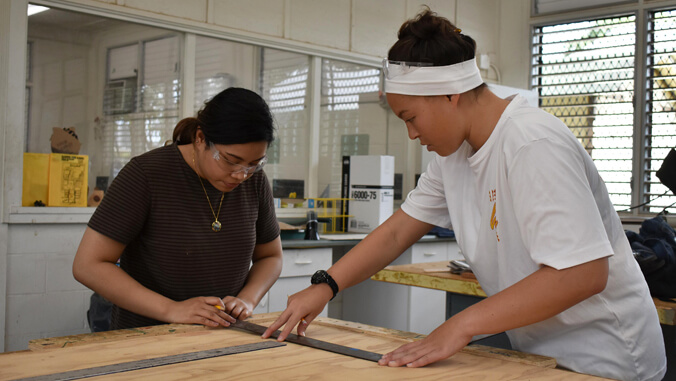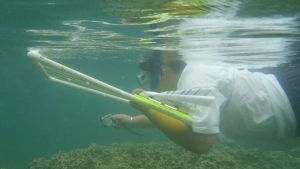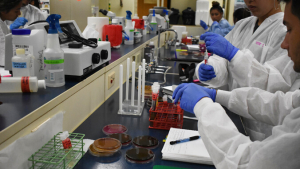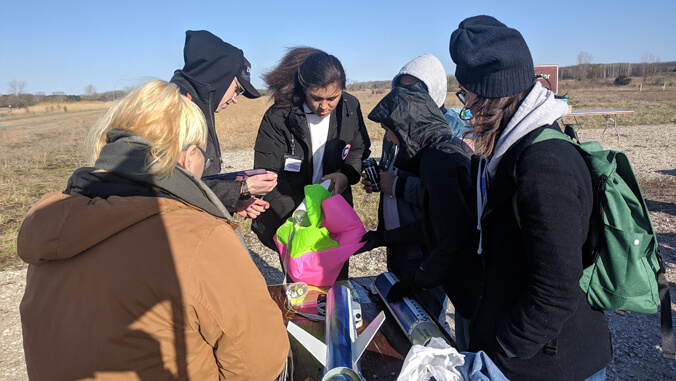
Kapiʻolani Community College has been awarded a $1.5-million grant from the National Science Foundation (NSF) to lead the seven University of Hawaiʻi Community Colleges in an effort to increase STEM (science, technology, engineering and mathematics) degree attainment of underrepresented minority students in Hawaiʻi.

The key objective is to create a sustainable, articulated and purposeful community college program incorporating undergraduate research experiences, peer mentoring and online learning to expand the number of Native Hawaiian, Pacific Islander and other underrepresented minority students who enroll, persist in, and transfer to a four-year STEM degree program at a University of Hawaiʻi campus.
“A global pandemic has required educators to rethink the instructional environment, including those educators who inspire STEM students,” said Kapiʻolani CC Chancellor Louise Pagotto. “Online learning broadens access to STEM pathways and will help in creating an enhanced undergraduate experience designed to increase STEM degree attainment for underrepresented minority scholars in Hawaiʻi.”
The funding from the NSF’s Louis Stokes Alliances for Minority Participation Bridge to the Baccalaureate program supports the Strategic Transfer Alliance for Minority Participation (STAMP) Training While Online (TWO) to incorporate systemic, inclusive strategies for successful online learning to recruit, retain, transfer and graduate a professionally prepared STEM workforce in Hawaiʻi and the U.S.
The new initiative builds upon the NSF’s prior investment in UH transfer pathways programs: the Islands of Opportunity Alliance led by the UH Hilo and the previous UH Community College STAMP Alliance led by Kapiʻolani CC.

“We are grateful to the National Science Foundation for this opportunity to strengthen our efforts to increase education equity in Hawaiʻi,” said UH Vice President for Community Colleges Erika Lacro. “Their support will allow us to continue our efforts in working towards closing the gaps in educational attainment for Native Hawaiians, Pacific Islanders and other underrepresented minorities and providing them opportunities to access and succeed in STEM degree programs and ultimately joining our local workforce.”
The STAMP–TWO project reflects the vision and expertise of John Rand, a retired physics professor who served as an NSF program officer during his tenure at UH.
—By Brandon Marc Higa


